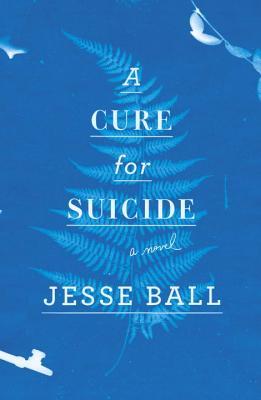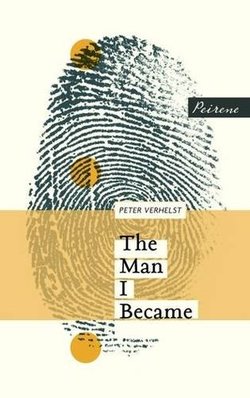The novel goes a little postmodern when we switch abruptly to a young man petitioning The Interlocutor with a story of lost love. This section throws more light on the Process although, like me, you’ve probably guessed its purpose from the title. But it enables Jesse Ball to further explore his thesis: could the offer of a replacement life help prevent suicide? Many of us can identify with that desire for transformation, but is a life without memory, as in the world of The Chimes, a viable solution? It’s an issue worth exploring, given that, as referenced in my debut novel, Sugar and Snails, and in this post on the language of suicide and self-harm, it’s only recently that acts of suicide have been decriminalised and the right to die remains hotly contested.
This is the first novel I’ve read from the Australian independent press, Text Publishing. Many thanks for my review copy.
Plucked from his Arcadian childhood, he and his siblings feeling “like princes and princesses … young and beautiful and our bliss was never going to end” (p9), our narrator is kidnapped, forced to trek through the desert in chains, and transported in the stinking bowels of a ship to the New World. There he is shaved, showered and, through a combination of threats and punishment, taught to be a walking, talking, clothes-wearing gentleman. (Amusingly, his first word is underpants.) At the cocktail party to assess the impact of his education, he distinguishes himself by escorting not one, but two, females onto the dancefloor. He’s then deemed ready for his intended role at Dreamland, a super-size amusement park, in which one of the prime attractions is a show about the evolution of humanity.
Being human, it seems, is predicated on the ability to smile without baring one’s teeth. Being human means being in possession of a mobile phone. Being human entails having the power to recreate another species in one’s own likeness (or another culture, as was the fate of First Nation Americans or aboriginal people of Australia). Being human robs one of the ability to return to one’s natural state. As our gorilla discovers, humanity means not only the ability to realise the most preposterous dreams, but to be vain, weak and corrupt. How far will our hero go on his quest to become human? Will his instincts or his training be of most use to him in saving his skin?
Translated by David Colmer, I received my copy of The Man I Became directly from the publisher, Peirene Press, who specialise in short European novels. I think I’m sometimes a little too literal in my interpretations to fully appreciate their quirkiness, but it’s good for me to extend my reading habits, and a welcome change from some of the more commercial and formulaic novels I receive. A couple of weeks after reading, this one has stayed strongly in my mind.























 RSS Feed
RSS Feed





















